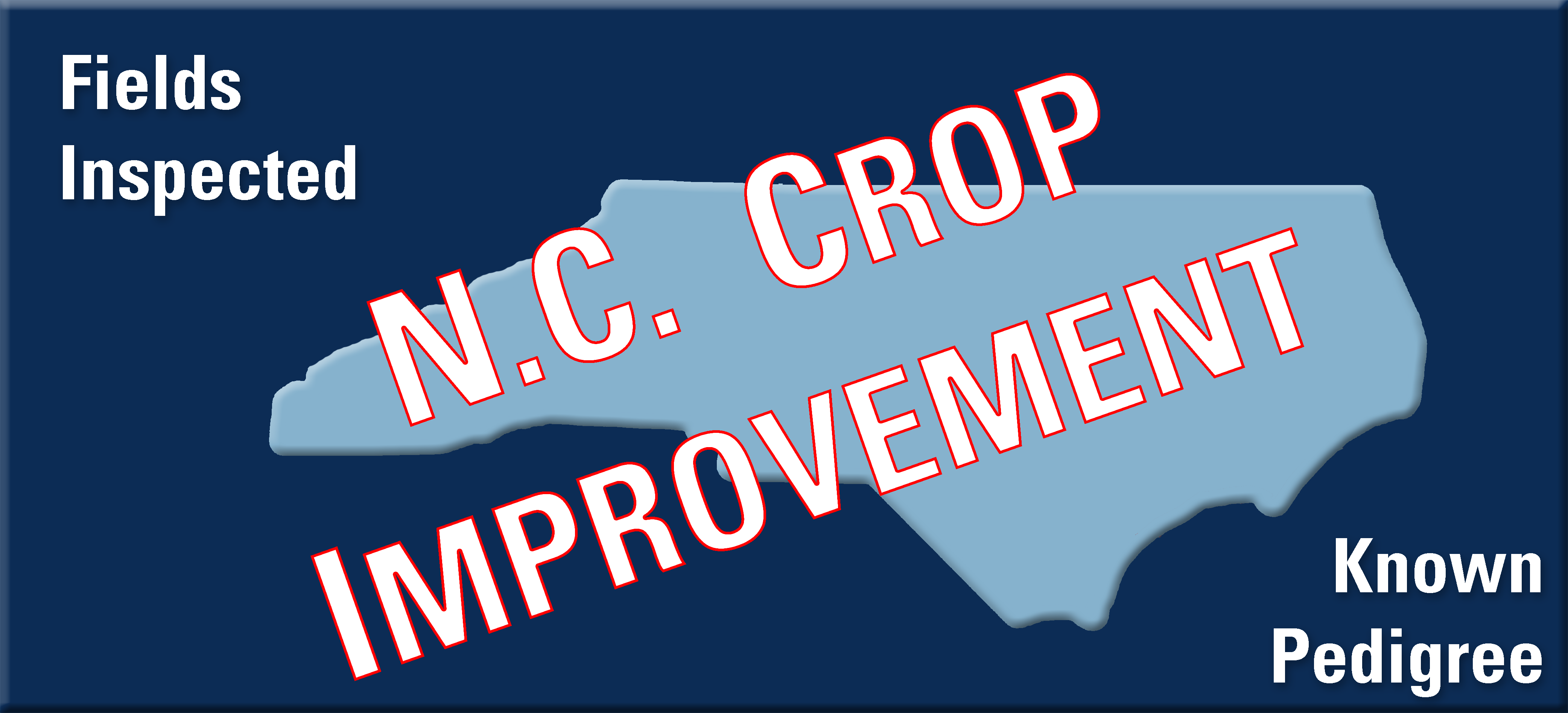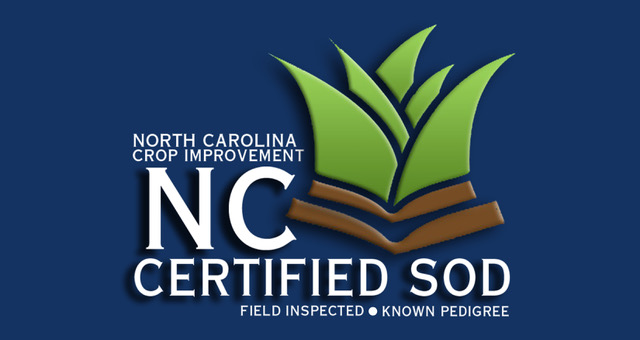Peanut
Varieties
|
BAILEY II was released by North Carolina State University. Bailey II is a high-oleic, high yielding Virginia-type peanut cultivar selected in a conventional breeding program. Bailey II has alternate branching pattern, intermediate runner growth habit, and medium green foliage. Bailey II has approximately 42% jumbo pods, 44% fancy pods, seed with tan seed coat averaging 904 mg seed-1, and extra-large kernel content of 35%. The high-oleic trait produces an array of changes in the fatty acid composition of peanut oil compared with normal-oleic cultivars, most notably the elevation of oleic acid and the reduction of linoleic acid content. Compared to normal-oleic cultivars, it will exhibit extended shelf life. It is most similar to the recurrent parent ‘Bailey’ in yield and disease resistance; although Bailey II will exhibit more jumbo pods, super extra-large kernels, and extra-large kernels. Bailey II is partially resistant to the four most common diseases in the Virginia-Carolina peanut production area: leaf spot, Cylindrocladium black rot (CBR), Sclerotinia blight (SB), and tomato spotted wilt tospovirus (TSWV). High oleic testing is required for all classes of certified seed lots. US PROTECTED VARIETY and seed can be sold only as a Class of Certified Seed.
|
|
EMERY was released by Dr. Tom Isleib. EMERY is a high-oleic large-seeded Virginia type peanut released from Dr. Tom Isleib’s peanut breeding program, initially numbered N010046ol. Growth exhibits alternate branching, intermediate runner growth habit, and medium green foliage. It has approximately 68% jumbo pods, 89% fancy pods, seeds with tan seed coat, super extra-large kernel content of 17%, extra-large kernel content of 32% and 72% total sound mature kernels. Producers of Emery seed will be required to test conditioned seed to verify high oleic composition. Emery is covered by utility patents on high oleic oil chemistry. Only licensed producers may sell this variety for seed and no farmer saved seed is allowed. US VARIETY PROTECTION APPLIED FOR and seed can be sold only as a Class of Certified Seed.
|
|
GEORGIA-VAL/HO (Reg. no. CV-143, PI 695316) was released by Georgia Agricultural Experiment Station in 2020 . is a new high yielding, high oleic, large podded, large seeded, valencia type peanut (Arachis hypogaea L. ssp. fastigiata var. fastigiata) cultivar. Georgia-Val/HO has an atypical semi-prostrate growth habit and medium maturity, but typical valencia three seed per pod and red testa color. It also has moderate resistance to tomato spotted wilt disease. Georgia-Val/HO was developed at the University of Georgia Coastal Plain Experiment Station, Tifton, GA. It was developed from an intersubspecific cross made in 2010 between two Georgia cultivars, ‘Georgia-11J’ (ssp. hypogaea) and ‘Georgia Valencia’ (ssp. fastigiata). During 4 yr (2016–2019) averaged across two planting dates (April and May), Georgia-Val/HO had significantly less total disease incidence and higher pod yield, total sound mature kernel (TSMK) grade, and dollar values compared with six other valencia cultivars in Georgia. Georgia-Val/HO had significantly higher overall performance at both early April and optimum May planting dates. Georgia-Val/HO combines high yield, TSMK grade, and dollar value with large pods and seed and the high O/L ratio trait for longer shelf life of peanut and peanut products. Georgia-Val/HO has high yield and large pod and seed size. This new cultivar has a high oleic/linoleic ratio.
|
|
SULLIVAN was released by NC State University (Dr. Tom Isleib's program in 2013). This is a Virginia type peanut. Yields on average 45% jumbo, 40% fancy with a tans seed coat, high oleic, and partial resistance to early leaf spot, Cylindrocladium black rot (CBR), Sclerotinia blight (SB), and Tomato Spotted Wilt Virus (TSWV). Pods are most similar to Bailey, NC-V11, and Perry. It was selected for multiple disease resistance and high-oleic acid content. Sullivan was tested in the Virginia-Carolinas Peanut Variety and Quality Evaluation Program as the experimental variety N08075olCT since 2007. Producers of Sullivan will be required to test conditioned seed to verify high oleic composition. Only licensed producers may sell this variety for seed. US PROTECTED VARIETY and seed can be sold only as a Class of Certified Seed.
|
|
TUFRUNNER 511 was released by University of Florida in 2013. is a high oleic, large-seeded runner-type peanut. This is a medium maturity variety with a high yield potential. It has a prostrate growth habit with a good center stem. In comparison to ‘Florida-07’, TUFRunner 511 has consistently demonstrated a greater percentage of jumbo runner seeds. During five years of testing in two locations, TUFRunner 511 had, on average, 78.8% TSMK compared to 75.2% in ‘Florida-07’. Pod yield for TUFRunner 511 is superior to both ‘Georgia-06G’ and ‘Florida-07’. It has very good resistance to white mold and moderate resistance to TSWV. TUFRunner 511 is susceptible to late leaf spot, so early planting and aggressive leaf spot management is beneficial. Yield and grade have been excellent. US PROTECTED VARIETY and can be sold only as a Class of Certified Seed.
|
|
WALTON was released by Virginia Tech and the University of Florida jointly early in 2019. It is a Virginia-type peanut cultivar with similar good agronomic performance when compared with Bailey, Emery, and Bailey II under “normal” production with superior performance than these cultivars under extreme water deficit conditions. Seed are elongated in shape and seed testa color is light pink to pink. It has dark green foliage; an intermediate growth habit and the main stem is not distinguishable from the lateral branches. Walton is a high-oleic cultivar with maturity similar to Virginia-type cultivars developed for the Virginia-Carolina Region. US PROTECTED VARIETY APPLIED FOR and can only be sold as a Class of Certified Seed.
|
|
WYNNE was released by NC State University (Dr. Tom Isleib’s peanut breeding program), initially numbered N08081olJC. It is a Virginia type peanut. Wynne yields on average 68% jumbo, 21% fancy with a light pink seed coat, high oleic fatty acid composition, partial resistance to early leaf spot, Cylindrocladium black rot (CBR), Sclerotinia blight, and Tomato Spotted Wilt Virus (TSWV). Pods of Wynne are most similar to the peanut cultivar Champs. Producers of Wynne seed will be required to test conditioned seed to verify high oleic composition. Only licensed producers may sell this variety for seed. US PROTECTED VARIETY and seed can be sold only as a Class of Certified Seed.
|
|


